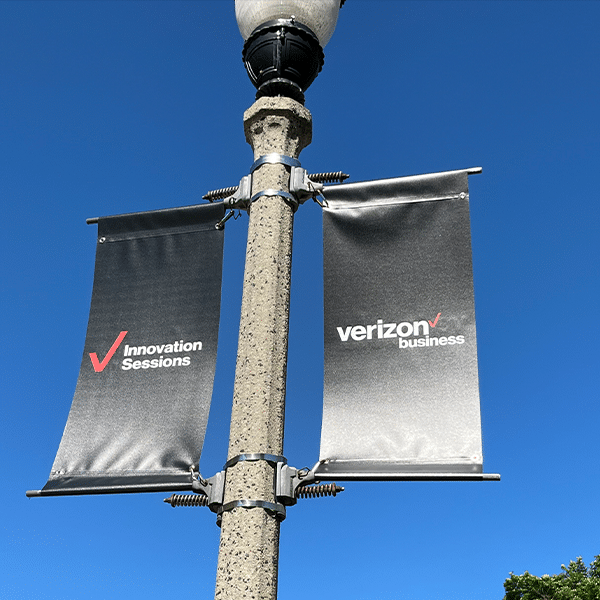Private wireless and fixed wireless are hot technologies for Verizon Business customers, said Jonathan Nikols, Verizon Business senior vice president of Global Enterprise-Americas, in an interview with me last week.
I caught up with him at the company’s 2024 kickoff Innovation Sessions event in Chicago, where I also got to see demos of these and other Verizon Business offerings.
Private Wireless
When service providers first began to offer private wireless, they emphasized the security aspects of the networks, which use the same cellular technology as commercial wireless networks but are for the customer’s exclusive use.
Verizon Business has found that customers are seeing value in a different aspect of private wireless as well. In comparison with Wi-Fi, private wireless requires fewer access points. According to Verizon, two private wireless access points can cover the same area as 20 Wi-Fi access points.
Enterprise customers also are interested in private wireless because they see it as more eco-friendly, Nikols noted.
“If you use less stuff, you’re consuming less plastic, less electronics, and less structured wiring,” he said. “And the coverage is better with less equipment.”
Verizon had a private wireless system set up at the event and it was more compact and less complicated than might be expected.

Fixed Wireless for Business
How and why businesses are using fixed wireless is changing, according to Nikols. While it may have been used in the past primarily to back up a wired connection, businesses increasingly are using it as their primary connection. The reason is that when fixed wireless is deployed using Verizon’s C-band spectrum, the speeds compare favorably with wired alternatives, he said.
Customers also like the fast installation times – and while in the past they might eventually have shifted to a wired connection, often that’s no longer true.
“They’ll stay with wireless if it meets their needs,” Nikols said.
AI Still Nebulous
Nikols works primarily with larger enterprise customers, and those customers are very interested in AI but as he explained, “they’re still trying to figure it out; it’s customer-dependent.”
While we hear of lots of cutting edge use cases for AI, one of the most popular applications for early adopters is not tremendously glamorous but can provide a clear return on investment – customer service.
Another demo at the Innovation Sessions showed a customer service offering that Verizon developed in collaboration with a supplier. Dubbed Verizon Business Assistant, the service targets smaller companies and is designed to be up and running quickly.
It uses AI to suggest likely questions that customers will have and potential answers to those question. In setting it up, businesses can accept or override the recommendations.
The offering costs $30 a month and, according to Verizon, it pays for itself if it answers 10 to 15 questions a month.
Additional Innovation Sessions are planned for later this year in New York, Washington D.C., and Los Angeles.


